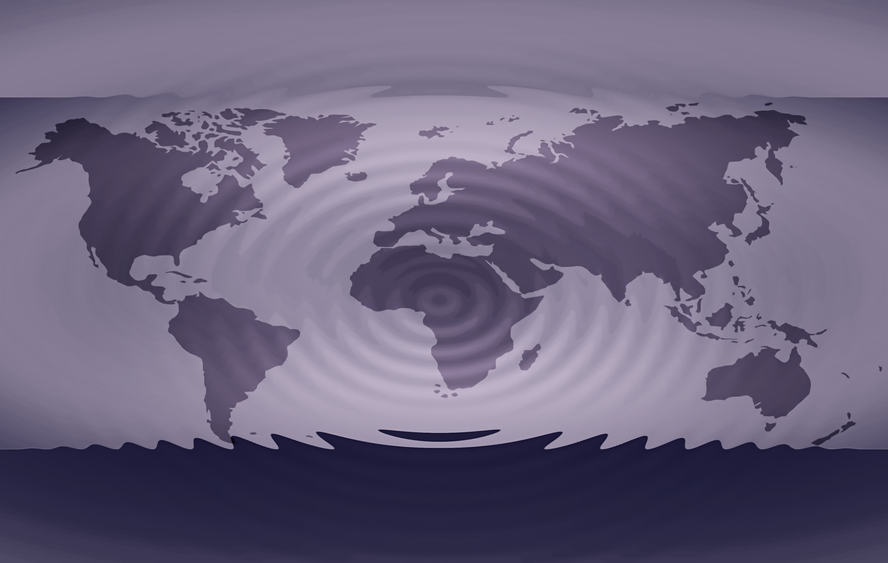Natural disaster and cognitive impairment
By Liz Lockhart
Natural disasters are common around the world and images of such events are regularly broadcast into our homes through our television  screens. A new study finds that survivors of such disasters not only experience high levels of stress and anxiety but that they also face intellectual challenges.
screens. A new study finds that survivors of such disasters not only experience high levels of stress and anxiety but that they also face intellectual challenges.
The study was conducted by the University of Canterbury researchers and looks at how cognitive performance can decline after earthquakes. The results of the study are published by the New Zeeland researchers in the journal Human Factors.
William S. Helton and James Head of the University of Canterbury report that previous studies have found that more traffic accidents and other accident-related fatalities occur following man-made disasters such as terrorist attacks. It is believed that these mishaps are due to increased cognitive impairment that can lead to higher stress levels and an increase in intrusive thoughts. Until now no research has been carried out on the effects which natural disasters can have on cognitive performance.
Helton and Head were faced with a unique opportunity to investigate the impact of the 2010 earthquake in Christchurch, New Zealand. At the time which the earthquake struck they were performing a human performance study with community members.
Helton said ‘We were conducting a different study on human performance requiring two sessions. In the midst of the study, between the two sessions, we had a substantial local earthquake, which resulted in the rare opportunity to do a before/after study. We were quick to seize the opportunity.’
Participants in this study were measured for cognitive control by being asked by the investigators to either press a button corresponding to numbers shown on a screen or to withhold their response to a number presented on the same monitor.
It would normally be expected that the participant’s performance would be improved on the second session, but the researchers found that there was an increase in errors or omissions after the quake.
Helton and Head also found significant differences in their pre-earthquake findings and post-earthquake finding. These depended on the participants’ self-reported responses to the disaster. Those who reported being anxious after the quake were found to have faster response times but made more errors of commission, whilst those who reported being depressed showed slower response times.
Helton said ‘People would find themselves zoning out and making more errors than usual after the quake.’
The investigators feel that further research is required to explore this phenomenon, but the findings suggest the potentially serious complications which arise from post-disaster performance in daily life and work tasks.
‘Presumably people are under increased cognitive load after a major disaster. Processing a disaster during tasks is perhaps similar to dual-tasking, like driving and having a cell phone conversation at the same time, and this can have consequences,’ Helton concluded.
Source: Human Factors and Ergonomics Society





